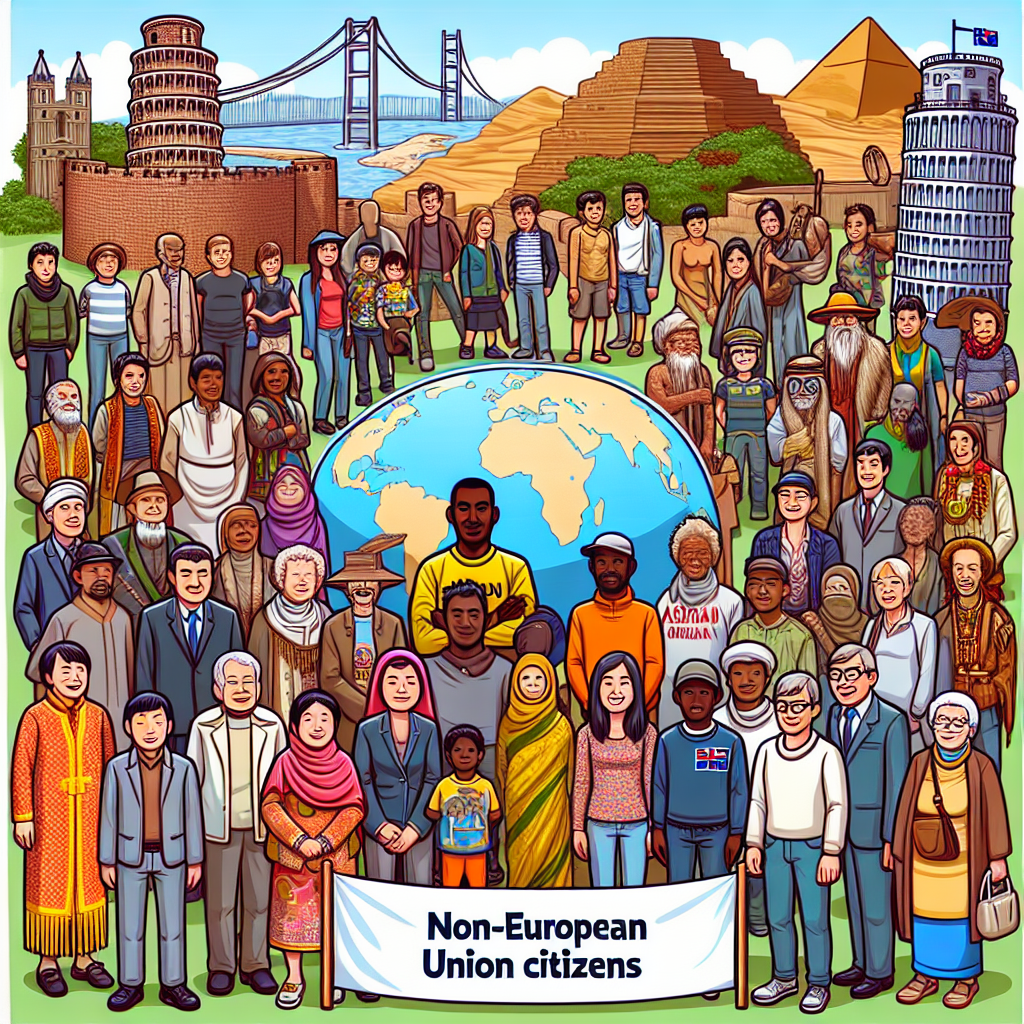EU's Race Against Time: Navigating Economic Competitiveness Amid Leadership Shifts and Global Pressures
The European Union faces heightened urgency to enhance competitiveness following Donald Trump's election. Mario Draghi stressed challenges from U.S. tariffs, internal EU fragmentation, and reliance on China. EU leaders focus on unifying markets and innovation with resistance from frugal countries. A unified capital market remains elusive amid national disparities.

The European Union is grappling with an intensified demand to bolster its global competitiveness, a challenge made more pressing after Donald Trump's election victory. Former European Central Bank chief Mario Draghi underscored the urgency at a recent EU summit, amid Trump's tariff threats and internal EU challenges.
Draghi cautioned that the sense of crisis has worsened, with the EU falling behind in green and digital transitions due to factors like limited innovation and high energy prices. EU leaders adopted the 'Budapest Declaration,' aiming for a deeper single market and a unified energy sector. However, Draghi emphasized tackling market fragmentation as paramount.
Efforts towards a Capital Markets Union have stagnated over a decade, hindered by national interests and regulatory differences. Despite calls for unity, varying member state priorities complicate progress. Belgian PM Alexander De Croo highlighted the need for a consolidated EU stance ahead of Trump's potential re-election, to avert economic strains from trade wars.
(With inputs from agencies.)










